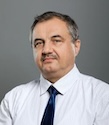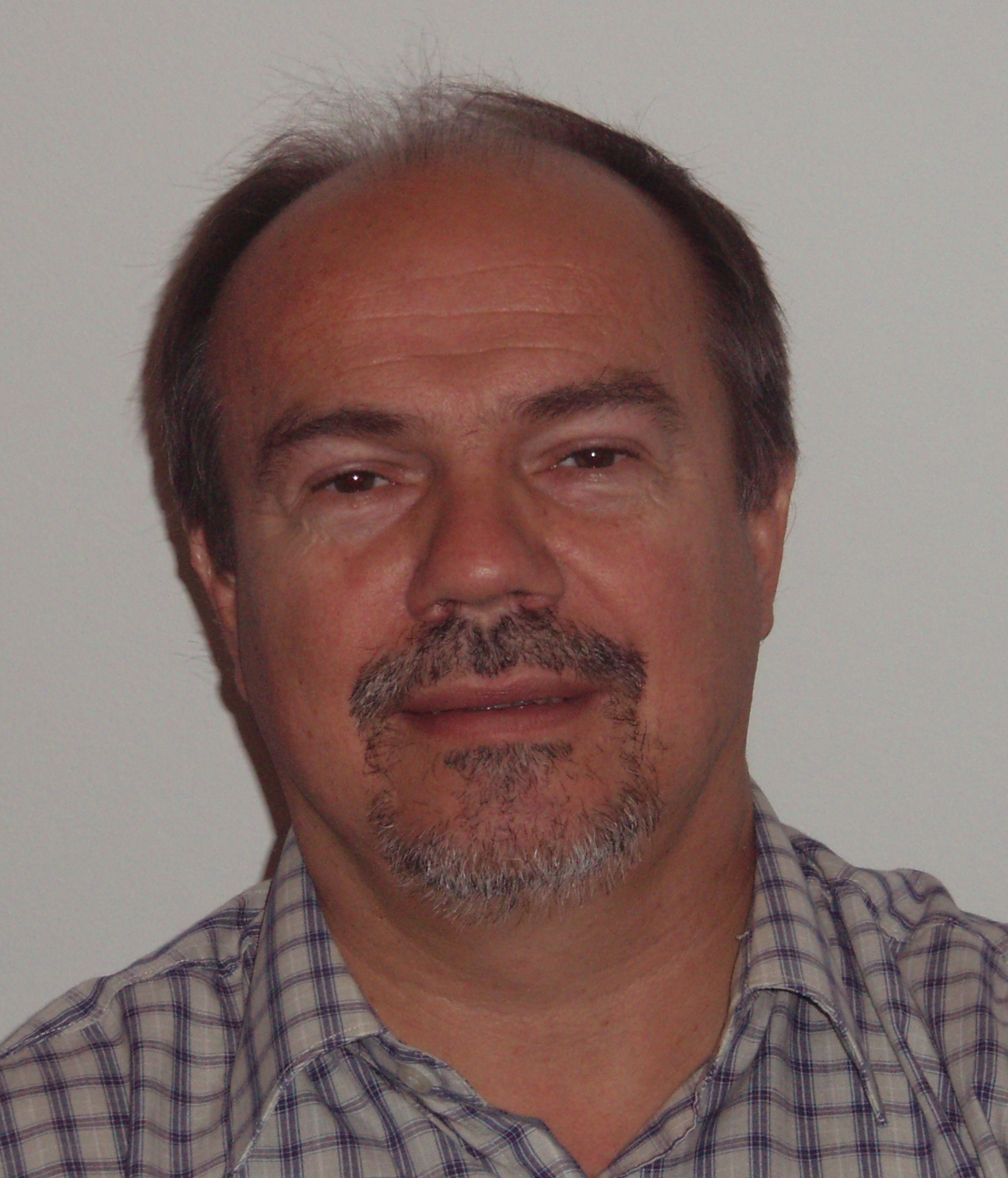Odjel za energetsku elektroniku se bavi poluvodičkim energetskim pretvaračima, njihovim upravljanjem i regulacijom te poluvodičkim komponentama ovih pretvarača. Pri tome se koriste analitičke metode, eksperimentalne metode te simulacijski alati.
Odjel za energetsku elektroniku
Odjel za energetsku elektroniku (PEL 35) i Odjel za industrijsku elektroniku (IE13)
Hrvatske sekcije IEEE pozivaju vas na predavanje
„Power quality and stability of power electronic systems for emerging applications“
koje će održati doc. dr. sc. Milijana Odavić s Electronic and Electrical Engineering Department, University of Sheffield, Sheffield, U.K. Predavanje će se održati u četvrtak, 13. travnja 2017. godine u 12:15 h u sivoj vijećnici FER-a. Predvidivo trajanje predavanja je 45 minuta. Predavanje je otvoreno za sve zainteresirane, a posebno pozivamo studente preddiplomskog, diplomskog i poslijediplomskog studija. U nastavku slijedi kratak životopis predavača.
Milijana Odavic (M’13) received the M.Sc. degree in electrical and electronic engineering from the University of Zagreb, Zagreb, Croatia, in 2004, and the Ph.D. degree in electrical engineering from the University of Nottingham, Nottingham, U.K., in 2008. In 2013, she became an Assistant Professor in power electronics with the Electronic and Electrical Engineering Department, University of Sheffield, Sheffield, U.K. Prior to joining the University of Sheffield, she was a Research Fellow at the Power Electronics, Machines, and Control Group, University of Nottingham, and with the Department of Electric Machines, Drives, and Automation, University of Zagreb. Her current research interests include design and control of power electronic converters for enhanced power quality and modelling, stability analysis, and control of power electronics dominated microgrids.
Kratak sadržaj predavanja
An important feature of emerging technologies such as land-based microgrids and more/all electric aircraft and ships, is the wide-spread use of Power Electronics Converters (PECs), for interfacing sources and loads to the network, and connecting different sections of the network. Active control of interface PECs may create complex interactions between the sources, the loads and the network, driving the system into undesirable oscillatory modes. Further, PECs interfaced loads can introduce negative impedances to the network which may further reduce the damping of critical modes. The aforementioned power systems are new technologies, with a very limited practical experience and modelling, analyses and design methods based simply on the experience and knowledge gained from the conventional electrical power systems could be misleading.


